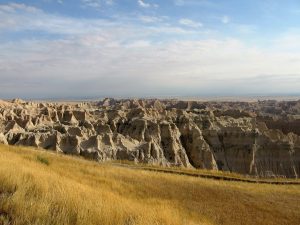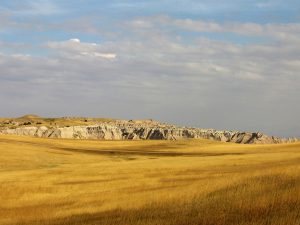 1 Kings 11:37-39
1 Kings 11:37-39
As I read our Bible reading for last week, I thought about the sad account of Jeroboam I of Israel. Like Solomon before him (1 Kings 3:10-15), the Lord gave him a conditional promise, after Solomon had turned to worship idols in the latter part of his reign. The Lord explained Solomon’s disobedience to Jeroboam and made this promise to him: “However, as for you, I will take you, and you will rule over all that your heart desires; you will be king over Israel. If you do whatever I command you and walk in obedience to me and do what is right in my eyes by obeying my decrees and commands, as David my servant did, I will be with you. I will build you a dynasty as enduring as the one I built for David and will give Israel to you. I will humble David’s descendants because of this, but not forever’” (11:37-39 NIV).
Let’s notice a couple things about this promise. We need to think through this promise to grasp the tragic character of Jeroboam’s failure that we will look at next time.
- Part of it proclaimed what God would certainly do. Jeroboam would rule over ten of the tribes of Israel. This portion of the covenant kingdom came to be known as Israel (it had the majority of the people) or Ephraim (a metonymy, using the name of the most prominent tribe for the whole), and many Bible teachers refer to it as “the northern kingdom”. This part is a simple statement of fact; God had chosen Jeroboam as the king or “shepherd” of his people. His authority to rule came from God’s sovereign act. I’ll let you ponder the significance of this in regard to presidential elections (cf. Romans 13:1-7).
- Part of it involved the nature of Jeroboam’s desires. Read his story and you will see that he had a desire to lead, which can be a good desire if the person is truly godly, or evil and dangerous, if the person’s heart is not right with God. Understand clearly that the all-knowing Lord of the universe knew exactly the type of man Jeroboam was. The true story of God’s glory involves many such people.
- The promise was conditional, as was the law covenant that Jeroboam lived under. It came with an “if”. This fact should not obscure in any way that this was a good and sincere promise. Had Jeroboam obeyed the Lord, he would have received the blessings. He would have had an enduring dynasty or house. God made a genuine offer to Jeroboam that he would have delivered on, if Jeroboam had obeyed. The goodness of God’s promises is not changed or tainted by the character of people to whom he offers them. For example, Jesus offers eternal life to all who will repent and believe. The fact that many reject or even despise the offer does not alter the truth that the Lord invites all to believe and live.
- God motivated Jeroboam to obey in faith. David had received God’s covenant promise that he would have an enduring house or dynasty. God let Jeroboam know that he could also have a blessing like the one promised to the man after God’s own heart. God invited Jeroboam to think of what he had done for David. Jeroboam needed to trust God’s goodness.
- The Lord explained this promise in relation to his promise to David. God did not hide any “fine print” from Jeroboam. In some way unexplained, Jeroboam could have an enduring house like David’s, though at some point greater glory would come to David’s house. How could this happen? Perhaps the descendants of Jeroboam might have been princes in David’s restored kingdom. God was not going to alter his eternal purpose in Christ (Ephesians 3:11). But the all-wise Lord could have worked out something highly significant. Jeroboam had only to trust the covenant Lord of Israel, and he and his family would have been richly blessed.
In the Bible, God has made an offer of eternal life to people. We can take the promise of eternal life through faith in the Lord Jesus Christ, and tell it to the people that God has placed in our lives. Who is around you to whom you can tell the good news? We have a good promise; let’s tell it to others!
Grace and peace, David

 Ruth 4:1-12
Ruth 4:1-12 Ruth 3:1-9
Ruth 3:1-9 Ruth 2:1-7
Ruth 2:1-7 Ruth 1:1-5
Ruth 1:1-5 Judges 1:1-7
Judges 1:1-7 Exodus 5:22-6:12
Exodus 5:22-6:12

